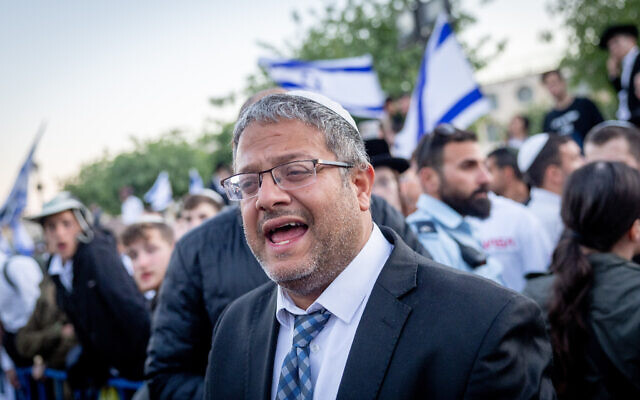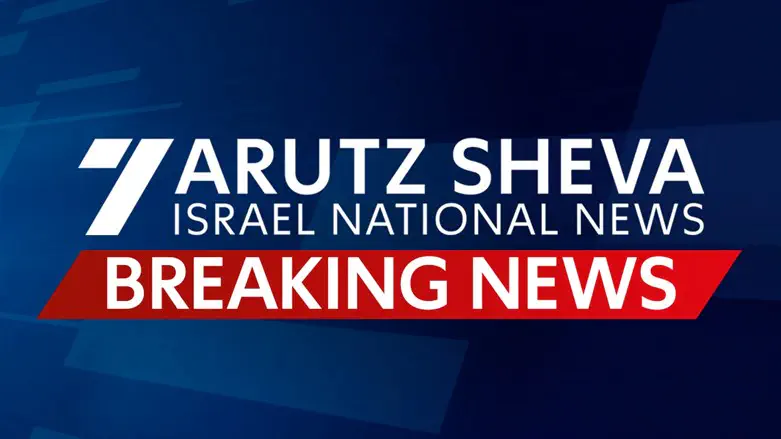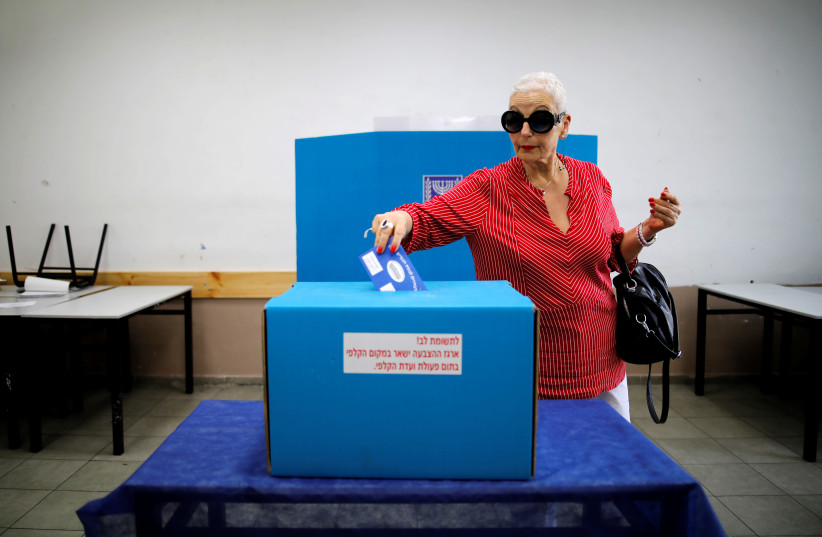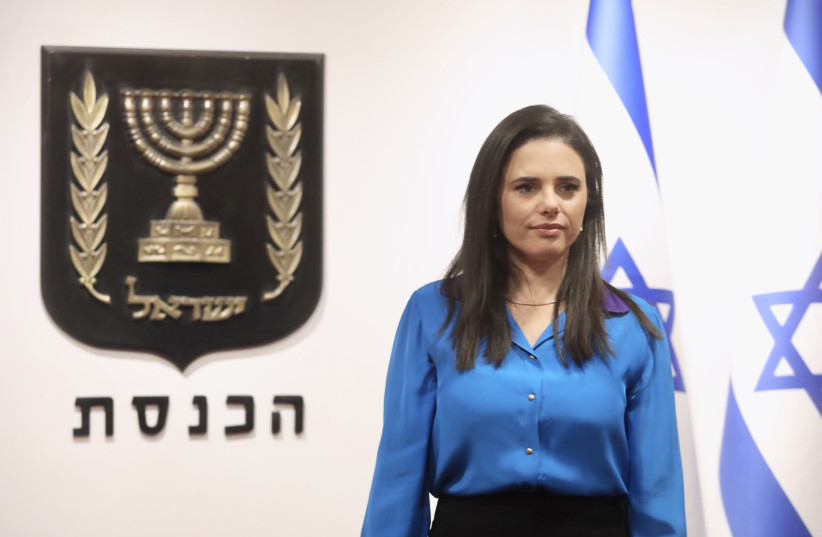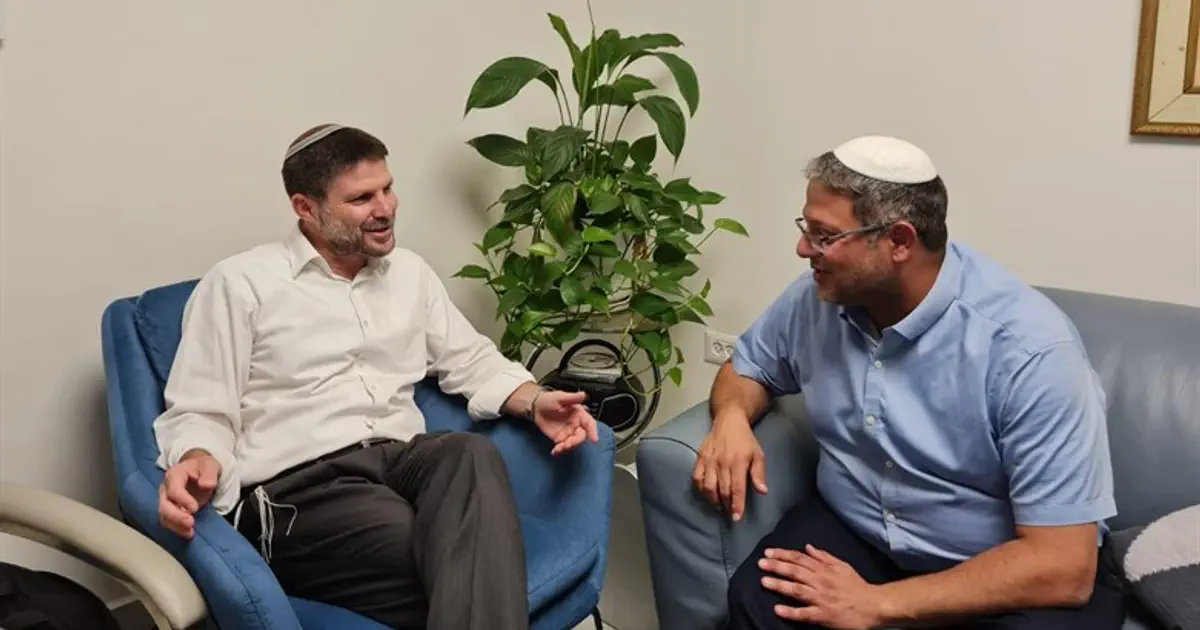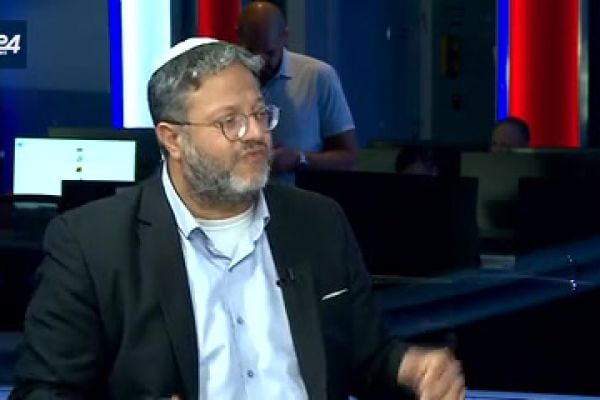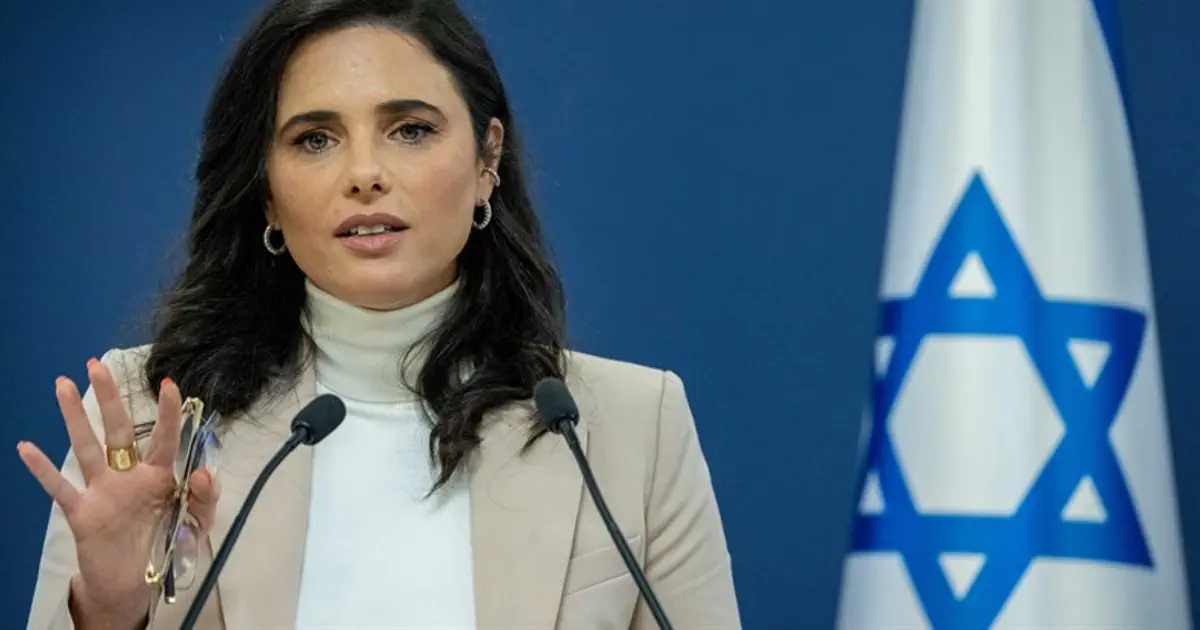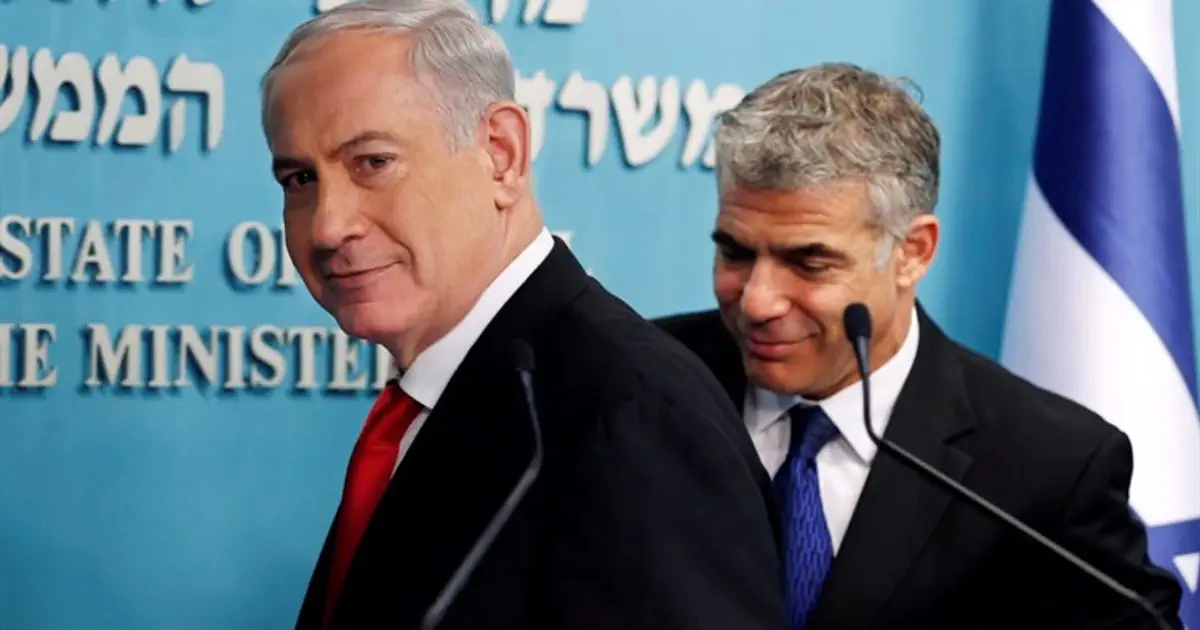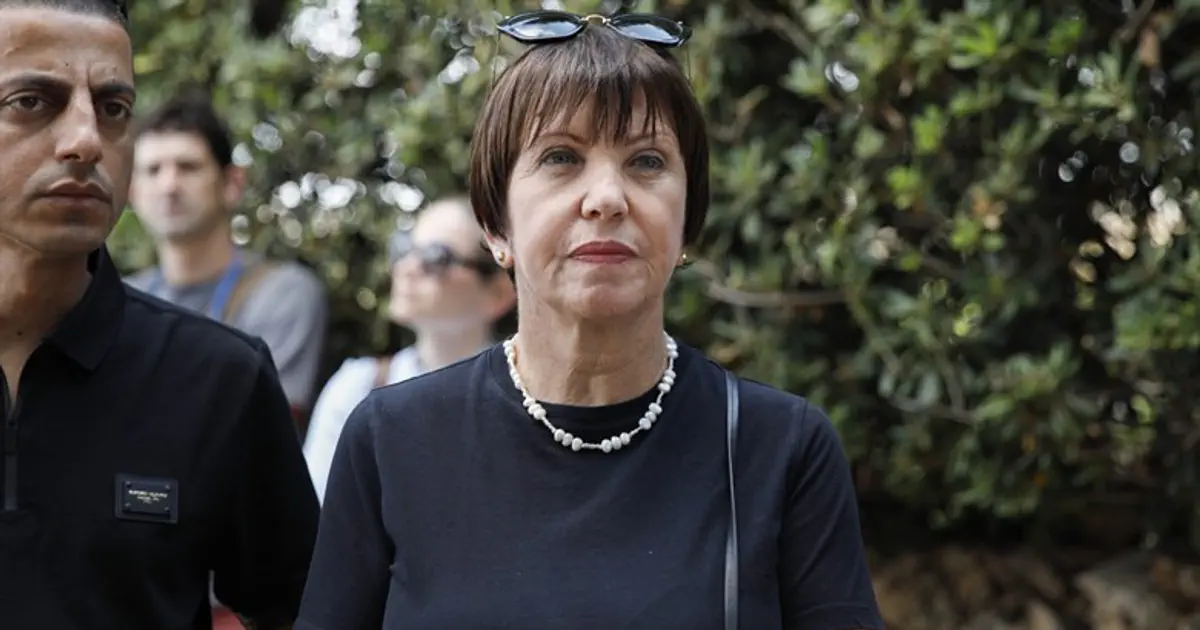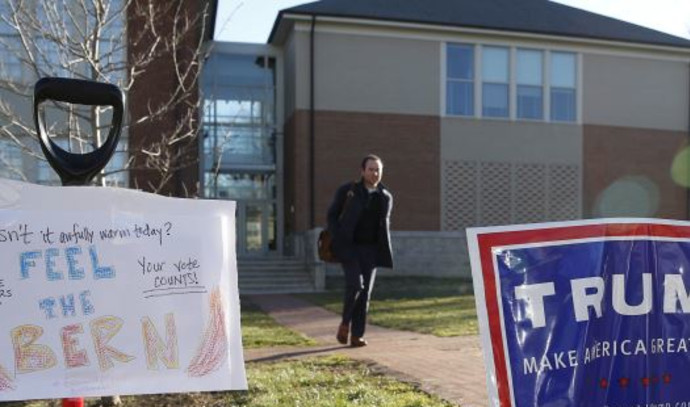rylah
Gold Member
- Jun 10, 2015
- 21,139
- 4,483
- 290
בס"ד What is the validity of Democratic elections according to the Torah?
The value of minority opinion against "to lean after the majority"
Lesson by Rabbi Cherki in the Meir Institute,
on the answer written by Rabbi Kook Z"L regarding the question of
proportional and majority elections, to the President of Czechoslovakia.
(Translations B"H next week)
What is the validity of Democratic elections according to the Torah?
The value of minority opinion against "to lean after the majority
| Part a |
Today we'll deal with Rabbi Kook's answer on a Halachic subject,
which is as the end of the book 'Orah Mishpat (Way of Law) by Rabbi Kook.
The discussion at the time occupied the state of Czechoslovakia. In the day Rabbi Kook the state of Czechoslovakia was strong, complete, and there has risen a discussion, essentially the President at the time, I think it was Masaryk, approached Rabbi Kook with a Halachic question.
Because there was an argument in the institutions of the Jewish community in Czechoslovakia, whether to do proportional or majority elections etc.
Student: When was that?
R. Cherki: This was in the 1930's, which year exactly I don't know.
And why did they approach Rabbi Kook, because among the rabbis there, they couldn't get along – regarding Democracy Halachah. It was essentially, almost for the first time that Jews had representation in the full meaning of the word. Then the President of Czechoslovakia approached the Rabbi of Prague, who said he should ask the greatest sages of Israel. The President ask whom, he told him Rabbi Kook, he is in Palestina ask him.
Here we have the answer of Rabbi Kook.
Student: What was the status of Rabbi Kook at the time?
R. Cherki: Rabbi Kook was the Chief Rabbi of Eretz Yisrael.
They've established then the Chief Rabbinate in cooperation with the British Mandate.
Student: He was already known…
R. Cherki: Yes, he was essentially regarded, we can say the greatest of the generation, something of this kind. Meaning he was one of the most important rabbis in the world,
and of course in Eretz Yisrael he was considered Mara D'Atra (Master of the Place).
Although there was established at the time an organization somewhat contestant to the Chief Rabbinate of Eretz Yisrael, as it was called then, there was no state of Israel yet.
This organization is the Bdt"z, and…
Student: They didn't understand what he was saying?
R. Cherki: It depends, in matters of faith they didn't understand what he said, in matters
of Halachah (Hebrew Law) they knew he was the greatest, they knew he was THE greatest.
Now, this is in the Q&A compilation 'Orah Mishpat' by Rabbi Kook, the answer in the Laws of Judges, the 2nd answer. A bit long answer, and the Rabbi brings here various evidence from different sides, so let's see…the Rabbi Brody of Prague, this is the Chief Rabbi of Prague, who approached Rabbi Kook in the name of the President of Czechoslovakia.
The specific year isn't written, it's a bit of a problem, but I assume it's the end of 1930's, meaning the latter days of Rabbi Kook.
We need to understand the context of the question. In Slovakia there were various types of Jews, there were Orthodox Jews, Reform Jews, there were anti-Zionist Jews holding a strong position, and there were Zionist Jews.
Since the anti-Zionist Jews were the majority, they opposed the Zionist minority representation in the name of the Jewish Committee. While the Zionist minority
demanded proportional representation, proportional elections.
The state was in favor of proportional elections, and in this context,
the question arrived to Rabbi Kook. If You want to delve into elections, here.
Student: They've approached him despite knowing he was a Zionist?
R. Cherki: Rabbi Kook was a Zionist, correct, then let's say he's biased.
Despite that, those who approached him knew he was a Zionist,
but they trusted his greatness in Torah to rule on this issue.
Student: The rabbi who approached him was Zionist or anti-Zionist?
R.Cherki: Rabbi Brody approached him, You have to understand that in those days,
the public differentiation between the Haredi and the Zionist wasn't as clear as it is today.
Also today, by the way, it's not fully clear. But in the days of Rabbi Kook, the public was relatively united, the Orthodox public. Even if it had different positions relating Zionism.
Understood? Well, by the way, till this very day, among the real greatest of Israel,
meaning those on the front-line of the study, these divisions don't exist.
Rather they judge each issue case by case.
What is the problem? Something unclear?
Alright, I'm going to read the answer of Rabbi Kook –
"After I've examined the letter of his respectful Torah, I haven't found any basis to the appeal of the rabbi undermining proportional elections."
Meaning the Rabbi says, those who want proportional elections are right.
Yes, what can be the argument against proportional elections?
That Torah said in everything, "lean after the majority", meaning if the majority says something why are You considering the minority? Why give representation to the minority opinion? After all in court You don't say this. Nevertheless today in the High Civil Court it's accepted that if one of the sides is in the minority, then they publish also the opinion of the minority, who and said what. According to Halachah this is forbidden, when the court publishes the decision, it is said in the name of all the judges.
Student: As the jury in the US.
R. Cherki: This is how it is? Right,
though the jury institute is problematic from a Halachic position.
Student: Is it because they're men and women?
R. Cherki: No, men and women isn't terrible, because since they've accepted upon themselves, they've accepted. The problem is these people are not qualified to judge,
what do they understand about it.
Alright.
"After I've examined the letter of his respectful Torah, I haven't found any basis to the appeal of the rabbi undermining proportional elections. Since they've been done according to the agreement of the majority of the public".
Pay attention to the argumentation, the argument is – although the minority has to follow the majority opinion, "lean after the majority", but if the majority agreed to give representation to a minority, then it's also the majority opinion.
Clear? Therefore it's acceptable also according to the principle of "lean after the majority".
By the way, where did we see that "lean after the majority" was said in public laws?
In Gmara it appears in - the laws of judges. In the court we have a principle, that
the majority of judges decide the ruling. Where did You find that it's also for
the public, where is it written in Gmara?
Student: They establish a King upon themselves.
R. Cherki: But where is it written that it's by the majority?
It's not written in Gmara, but it's written in the answers of HaRosh, Rabbi Asher ben Yhiel, he was asked about Public Regulations ('Takanot HaTzibur'). Let's say the public decided to make whatever regulation, and there's a part of the public that opposes the regulation, and while the majority is making the regulation there're in the public who say they don't accept. Can they not accept the public regulation? And to this HaRosh answers, "that Torah said in all her ways to lean after majority". This is one of the Halachic sources for the Democratic regime. Meaning, in a Democratic regime we follow the majority against the minority opinion. And the basis for this is the answer of HaRoch, not the only source, there're several more.
Student: We've seen many public regulations that were not accepted,
neither by the majority and were cancelled. Like the ban of Rabbenu Gershom.
R. Cherki: I don't understand Your question. We've seen regulations that what?
Student: The ban of Rabbenu Gershom, for example, not to marry two wives.
R. Cherki: There's the regulation of Rabbenu Gershom not to marry to wives, so what then?
Student: Not all the public accepted it, the majority accepted.
R. Cherki: The majority accepted, and You say the minority didn't accept.
Student: Correct, the majority accepted but not to charge with the ban.
R. Cherki: Correct. You're asking therefore, if the majority of the nation of Israel accepted the ban of Rabbenu Gershom, then we had supposedly to charge the minority? Correct. The answer – the ban of Rabbenu Gershom is a territorial ban, meaning it applies to places. For example, if a Jew resides in a country in which they didn't accept the ban …let's say he's in Morocco, in Morocco they didn't accept the ban of Rabbenu Gershom. And he goes to reside in Ashcnaz – can he merry a second wife? The answer is no, it's territorial, meaning the regulations are according to the places, according to the communities.
Student: Sephardi communities in Italy, France and Greece accepted the ban.
R. Cherki: No, of course not. The Sephardi communities in Holland, England, Italy and alike didn't accept upon themselves the ban of Rabbenu Gershom.
Student: Then it's not territorial.
R. Cherk: Of course it's territorial, territorial meaning in the community, it's not territorial from a geographic perspective, rather communal. Therefore today in the state of Israel, despite having a mixture of Sepharadim and Ashcnazim, each keep the traditions of their forefathers because he belongs to a certain community. But it's clear that if one migrates from community to community, he changes his customs, it's simple, and his rulings.
Now, regarding what You're saying historically, that the ban of Rabbenu Gershom was accepted by the majority, historically it's neither correct. Because in the days of Rabbenu Gershom the Jews of Ashcnaz were a minority of the nation, 90% of the nation then was,
what we would define Sephardi.
Student: Then if one in Ashcnaz chooses to follow Sephardi customs, violating a prohibition?
R. Cherki: Of course, he isn't to violate the customs of his forefathers, only if he completely moves to a community which is entirely like that. For example, if You’re Ashcnazi moving to a place everybody are Sephardim, the community, the Rabbi is Sephardi etc., then You turn to Sephardi, if otherwise You continue with the customs of Your forefathers.
Student: How then from 10% the Jewish community of Ashcnaz changed into the majority?
R. Cherki: Think about it, think. The demographic change occurred after the Spanish expulsion. Essentially the change happened in the 18th century.
Student: A dramatic change.
R. Cherki: Yes, a very dramatic change. In the 18th century Eastern Europe, there almost wasn't a family without at least 10 children. It changed in a very short period, which brought to this demographic shift. In the state of Israel it's different, the majority of the public is Sephardic compared to how it is globally, that the majority are Ashcnazi.
Student: But because the public was Sephardic then…
R. Cherki: Alright, now we're not at demographics lesson, we want to learn the answer of Rabbi Kook, regarding proportional elections. May I? Thanks, well…
So the Rabbi says –
"since the elections were done with agreement of the majority of the public"
meaning, the majority accepted proportional elections, therefore it's abiding.
"And after all, even if it was against the law of Torah to "lean after the majority", and according to the opinion of the mentioned rabbi".
That rabbi probably argued according to the opinion of HaRosh, the 6th principle,
8th answer if I'm not wrong, either the 6th or the 8th…alright.
"After all it's a simple rule, that the public can 'carry their ends' when it's not conditioned by majority agreement, also in issues that are not according to Torah law, as clarified in the question in Bava Batra p.8b, in the Tanaic verse that "the people of the city are allowed to condition the measurements and prices".
What is it about? There is Braita (Tanaic text) and Tosefta on Bava Batra p.8b that the public,
the heads of the public can 'carry their ends', meaning to fine those who don't follow their regulations, also when it's against Torah law in monetary laws. If so, the public is
allowed to do such a thing.
"And the opinion of the arbiters there is that even a special party, as craftsmen of one craft, they have the force to regulate fines".
It can be dry cleaning shop owners, regulate among themselves, for example not to open on Tuesday evening. According to Hebrew law this is binding, and whoever violates it is fined, like the unions, not to break a strike and things alike.
"However",
there's certain reservation about this -
"However, when there's a person of authority, it requires agreement
from the most important person in the city, which is the city staff.
| Part a |
Watch the entire lesson in Hebrew -
Last edited:

